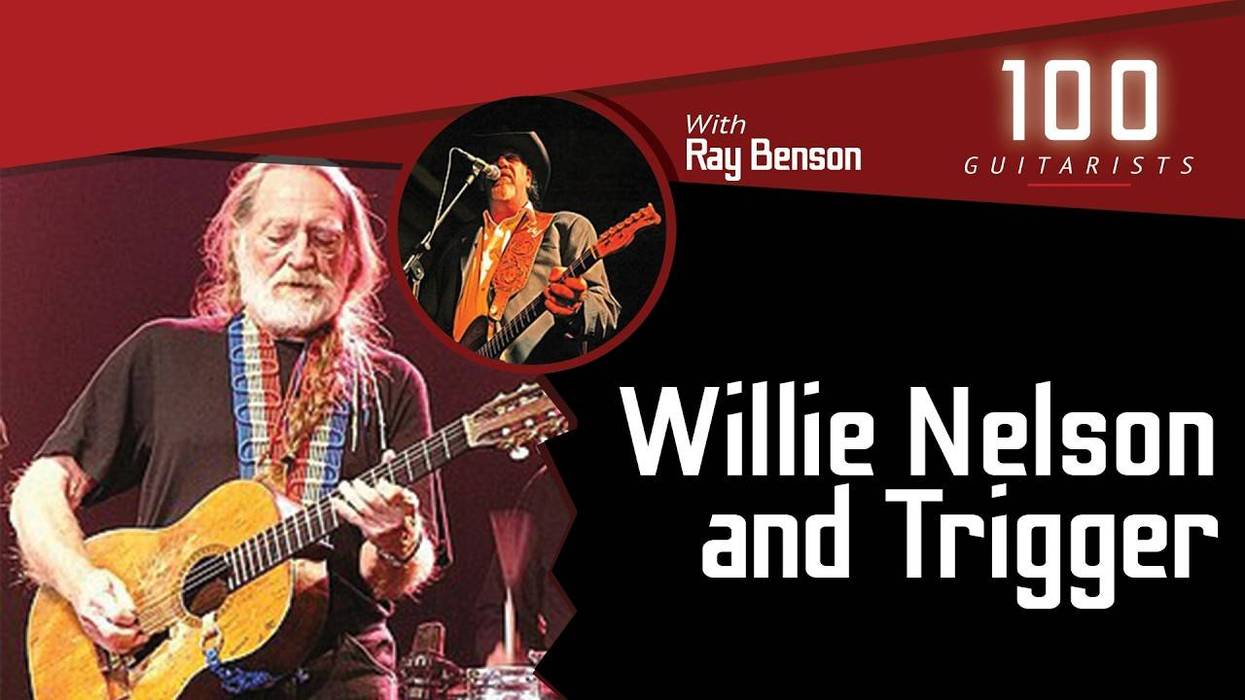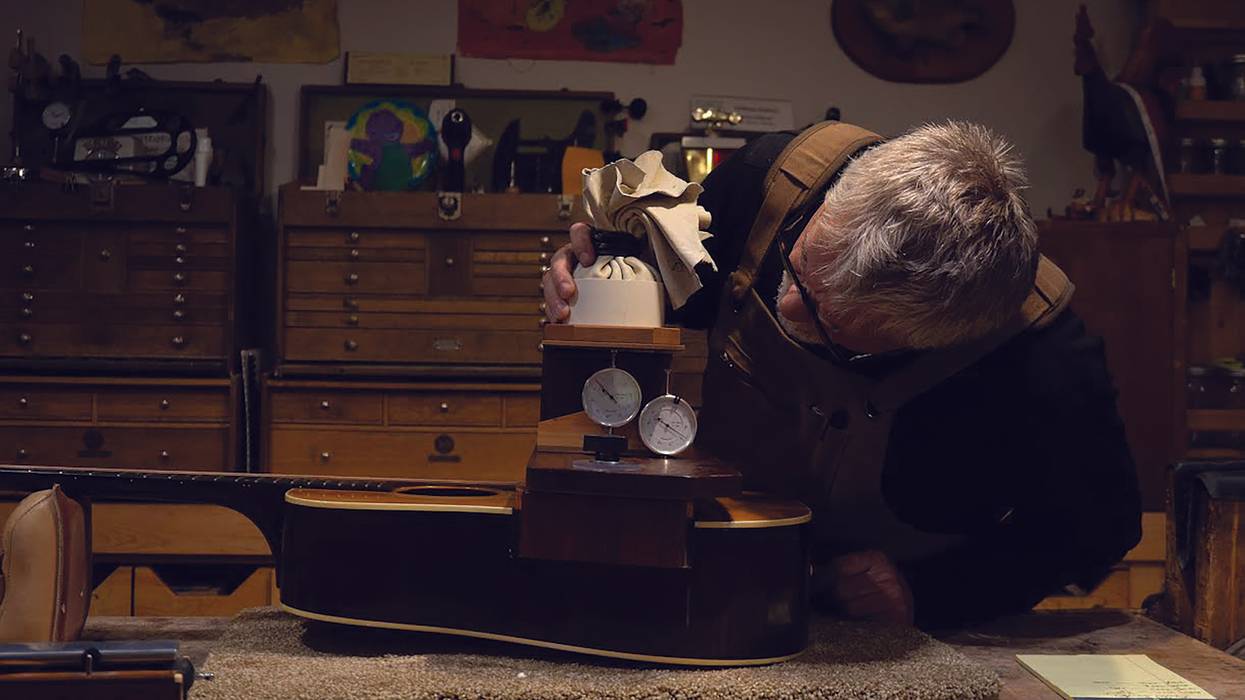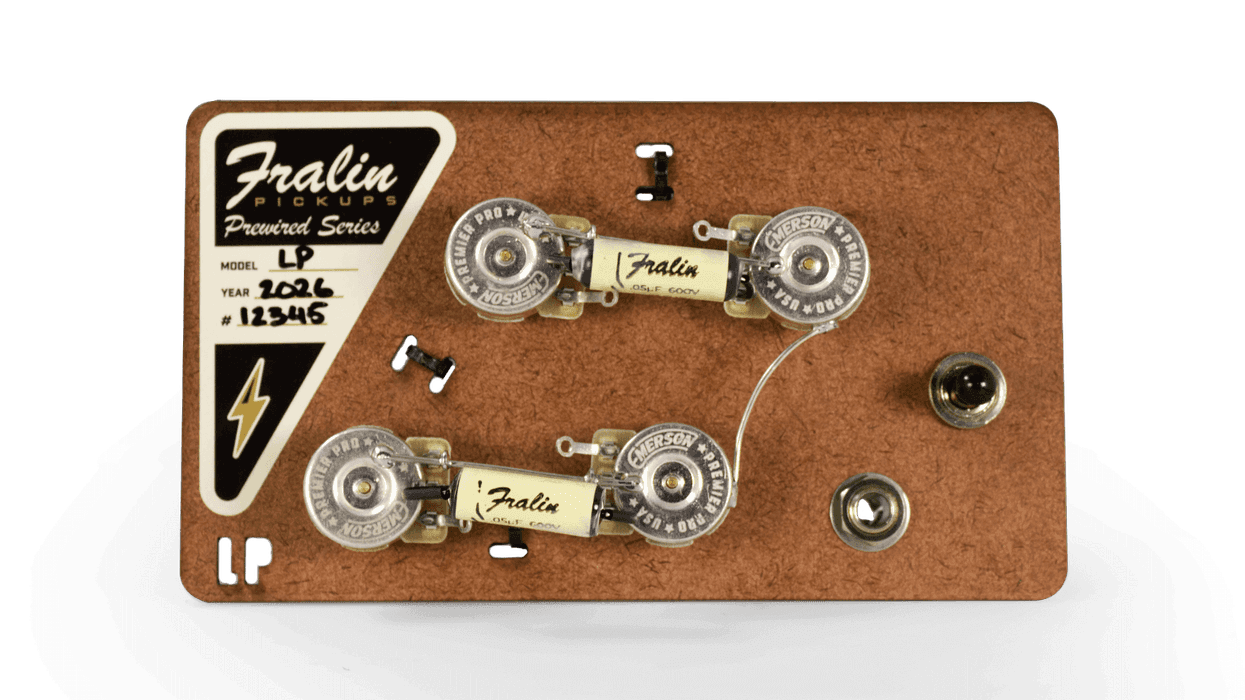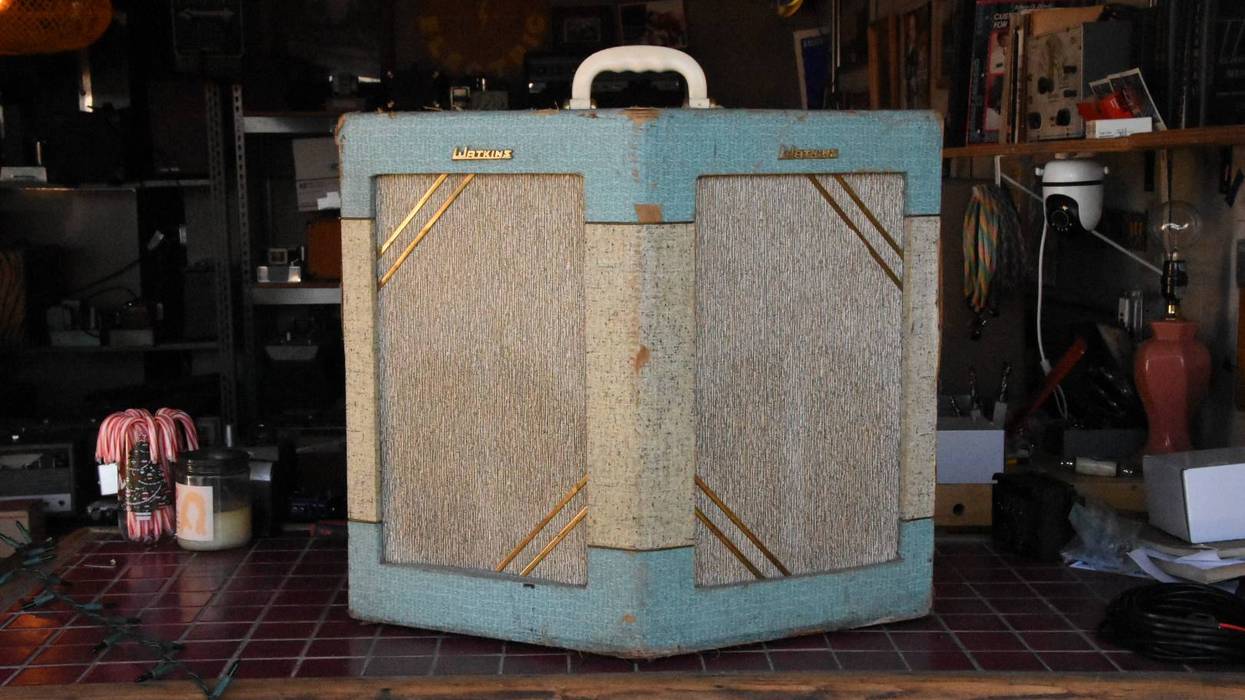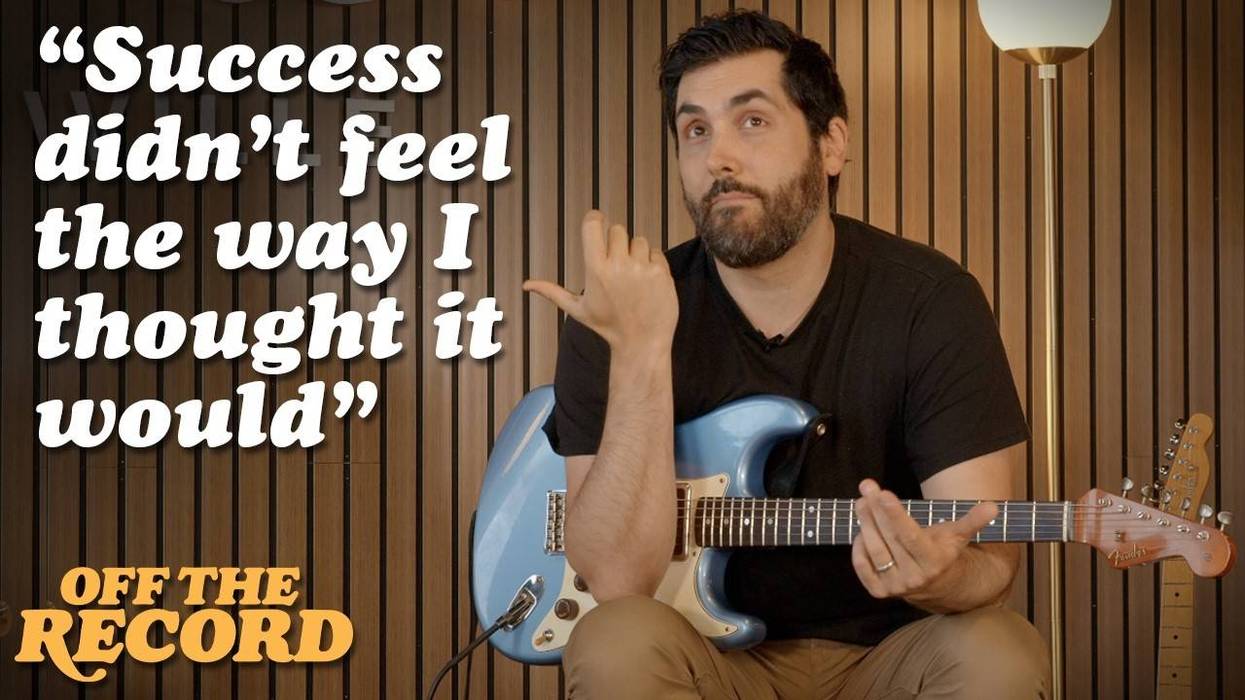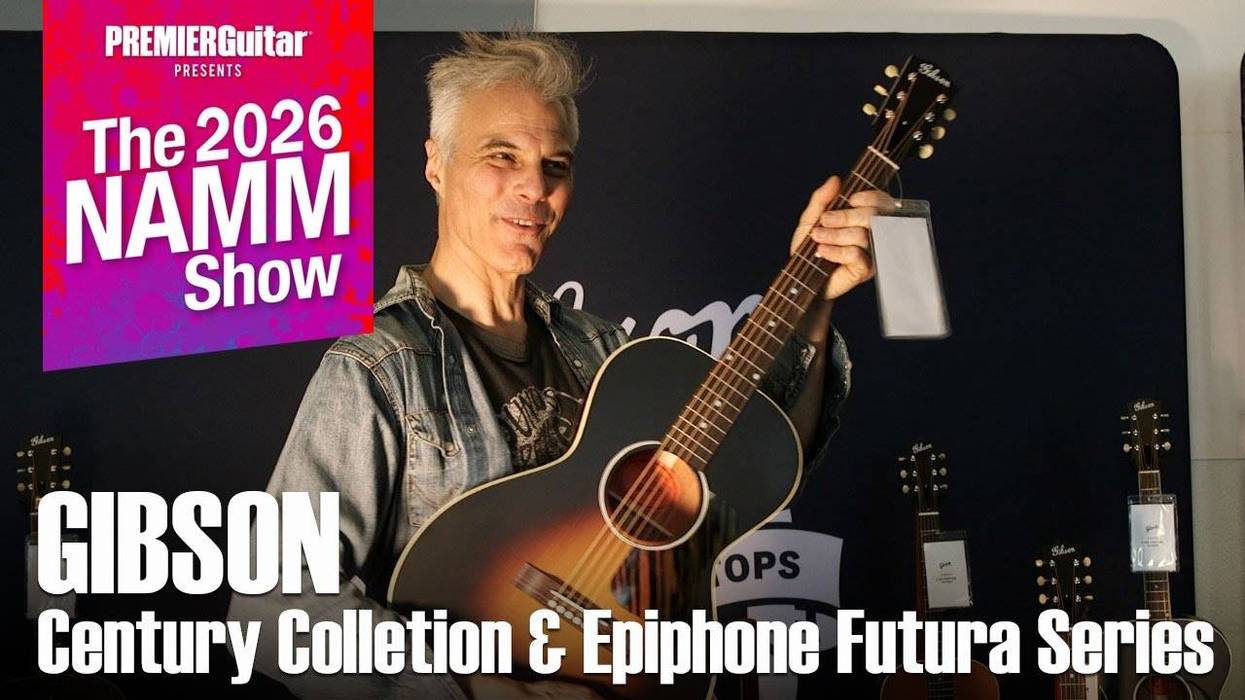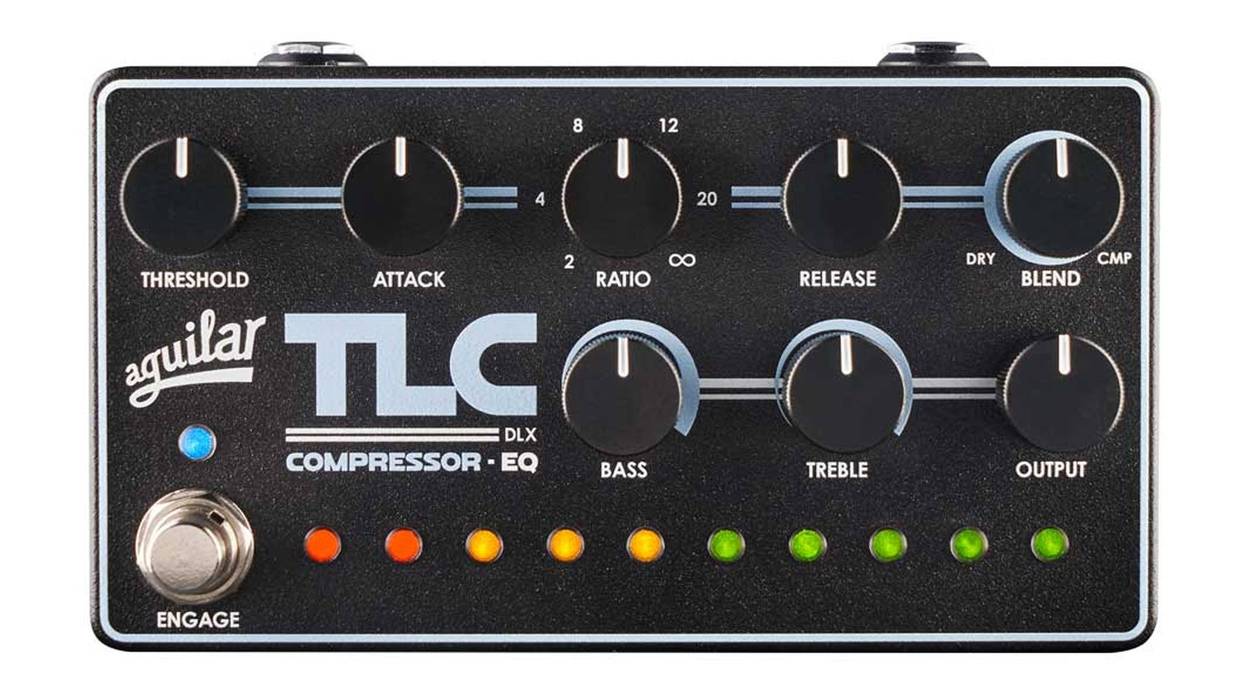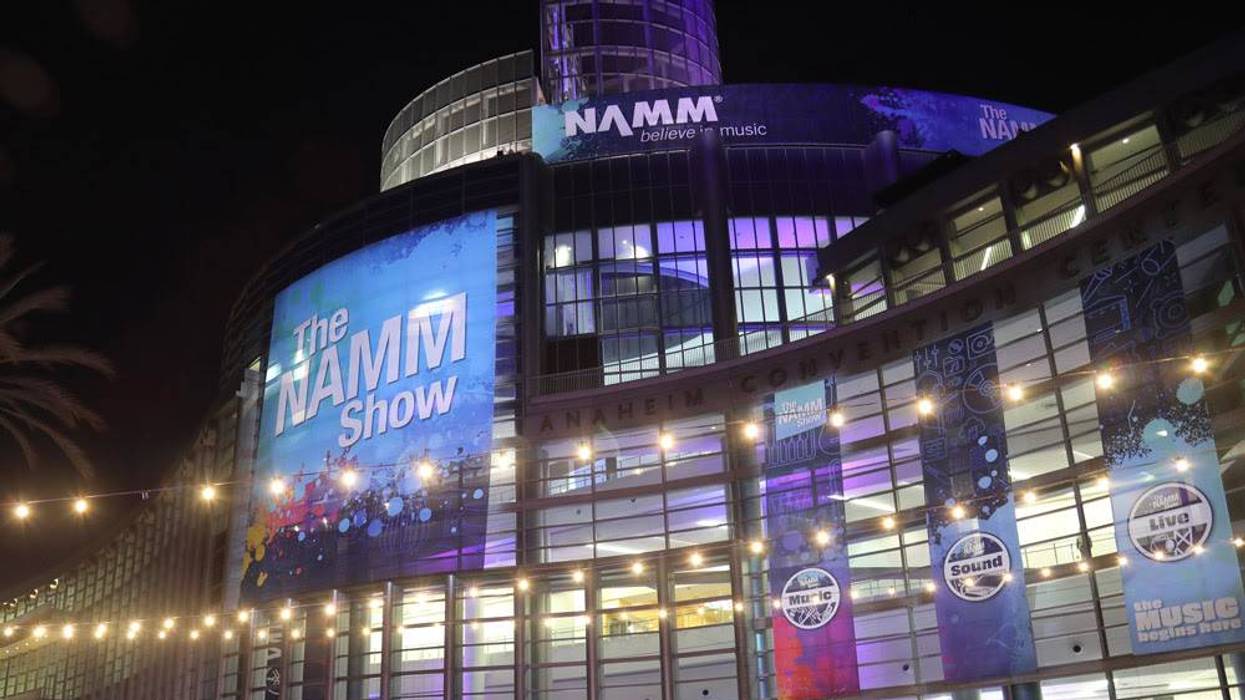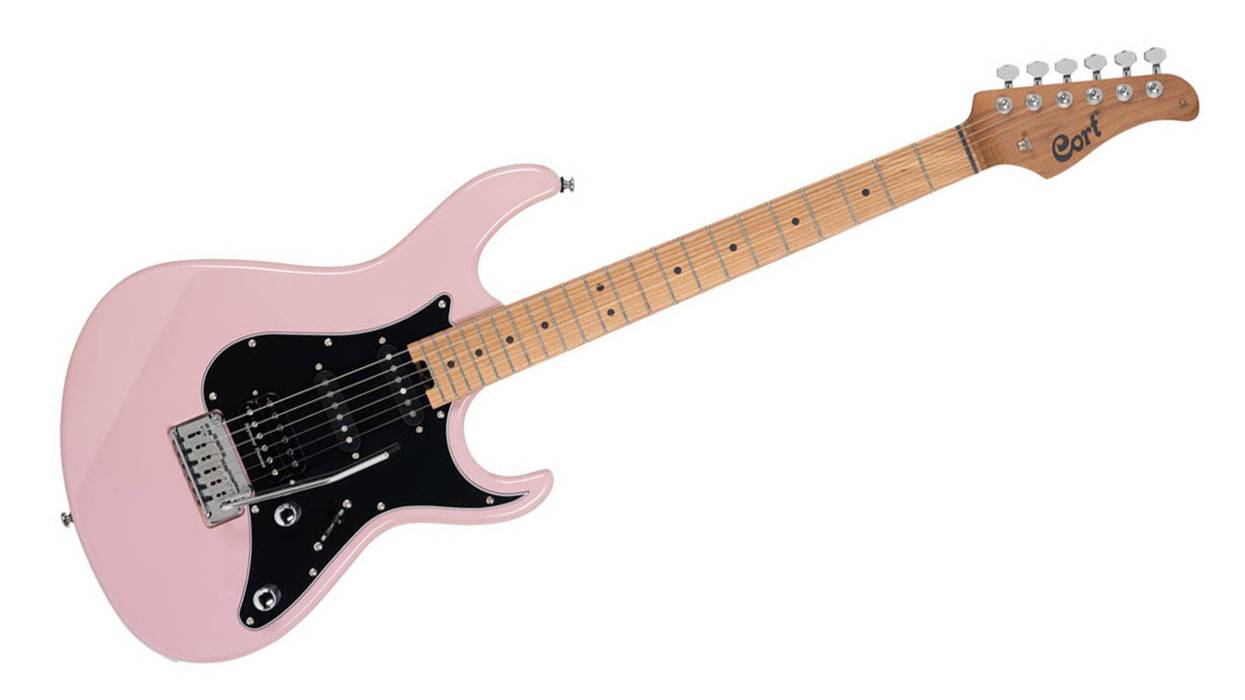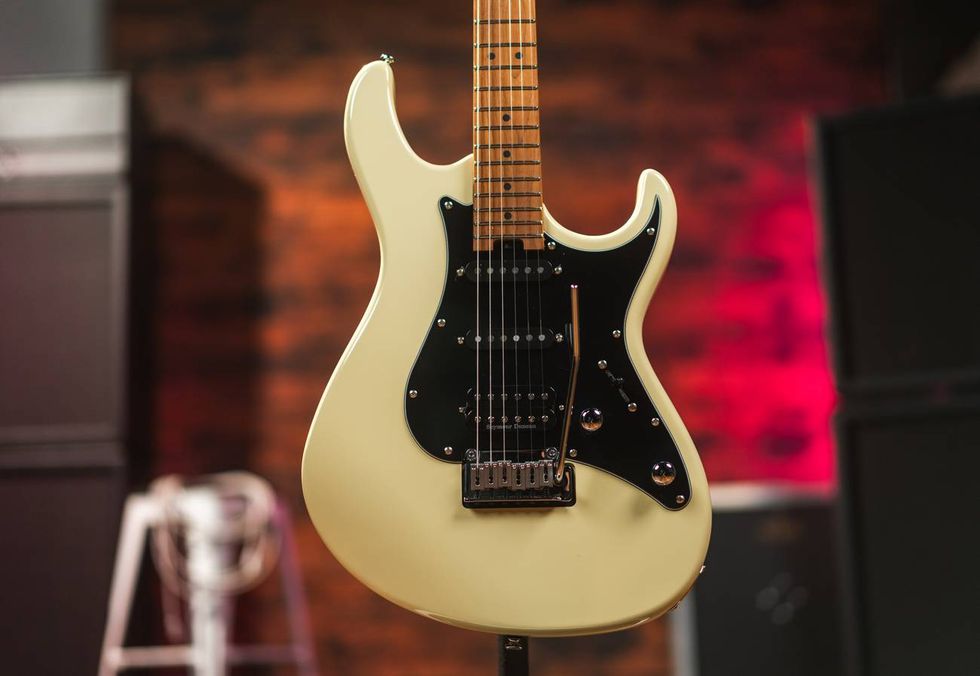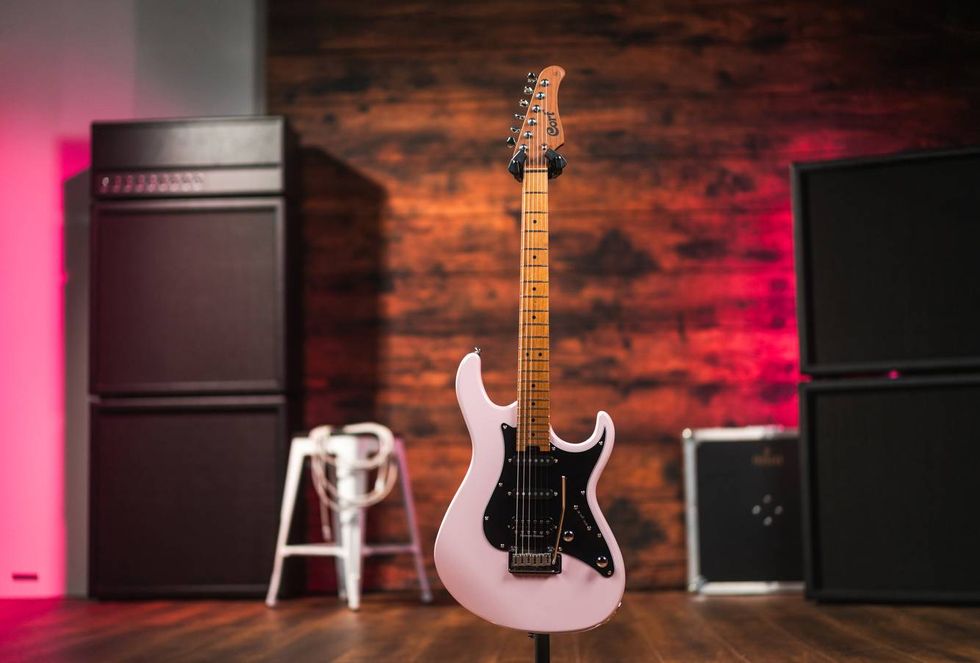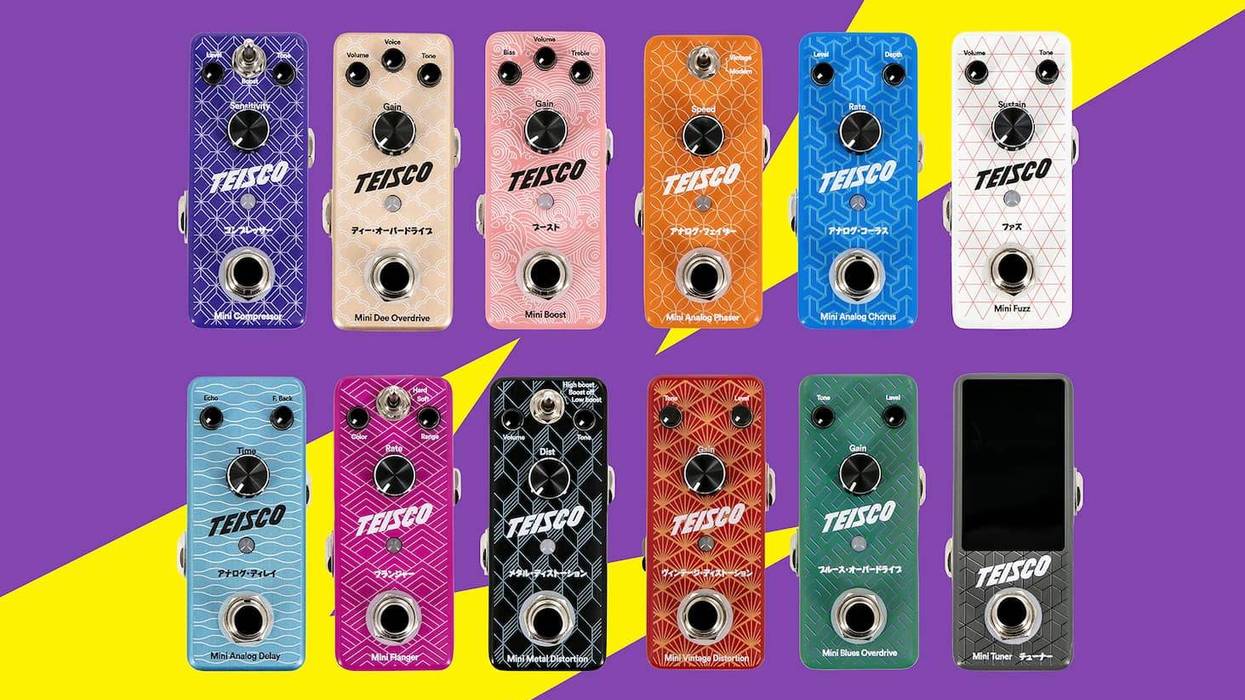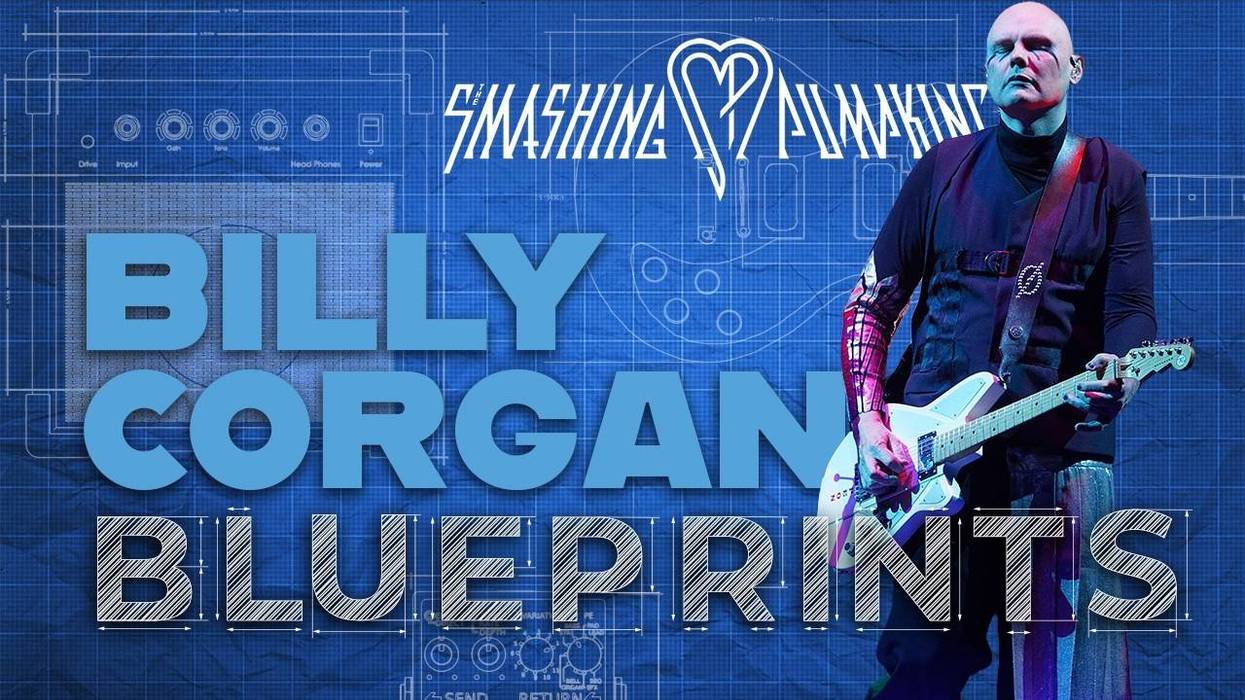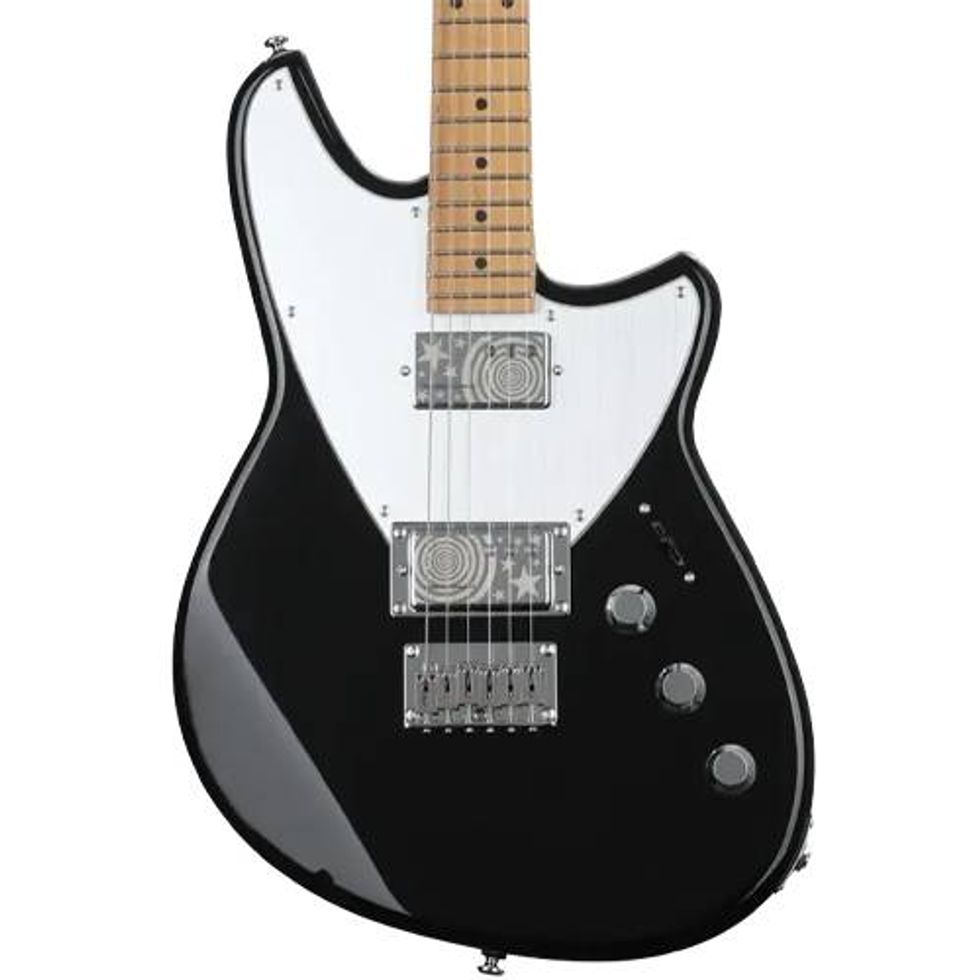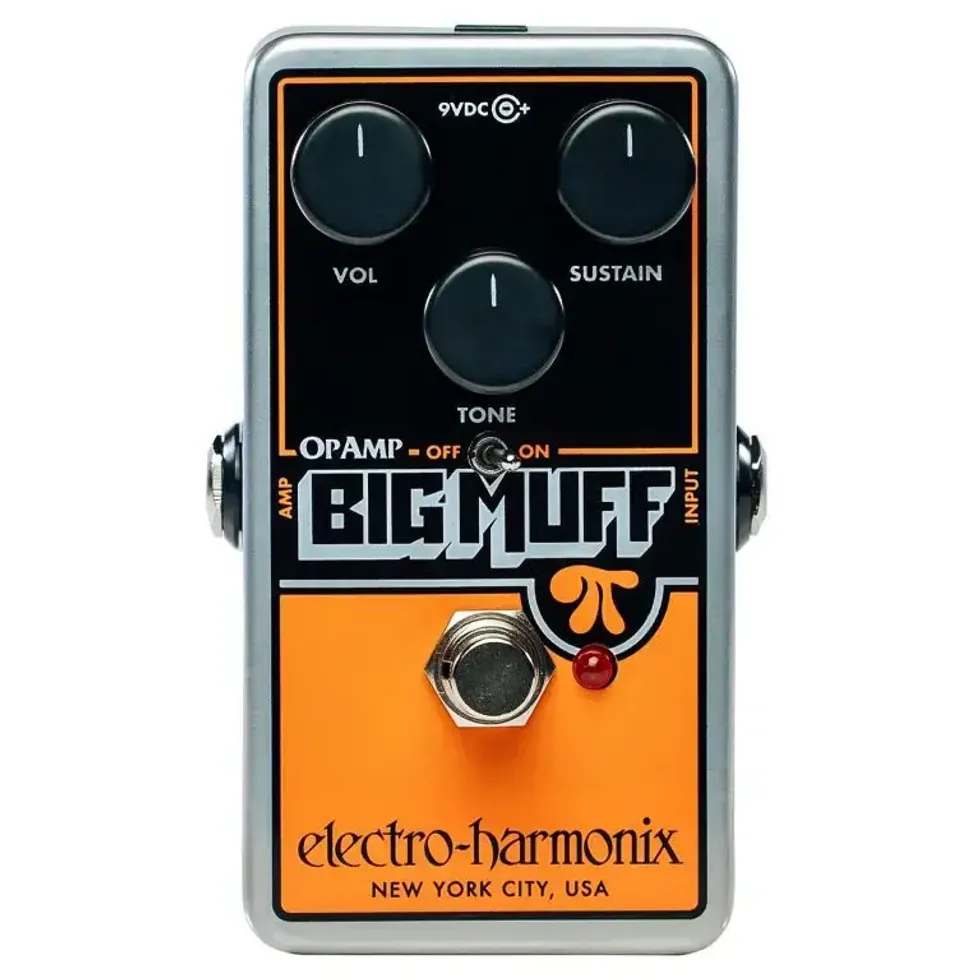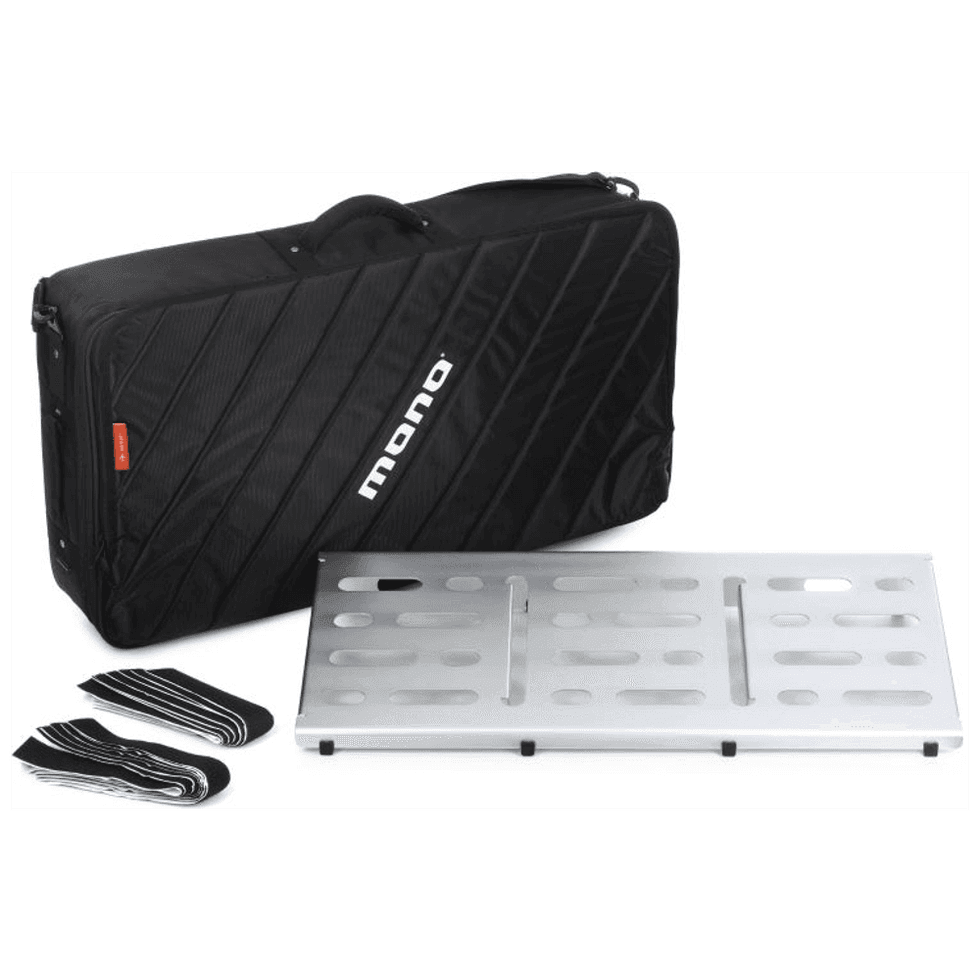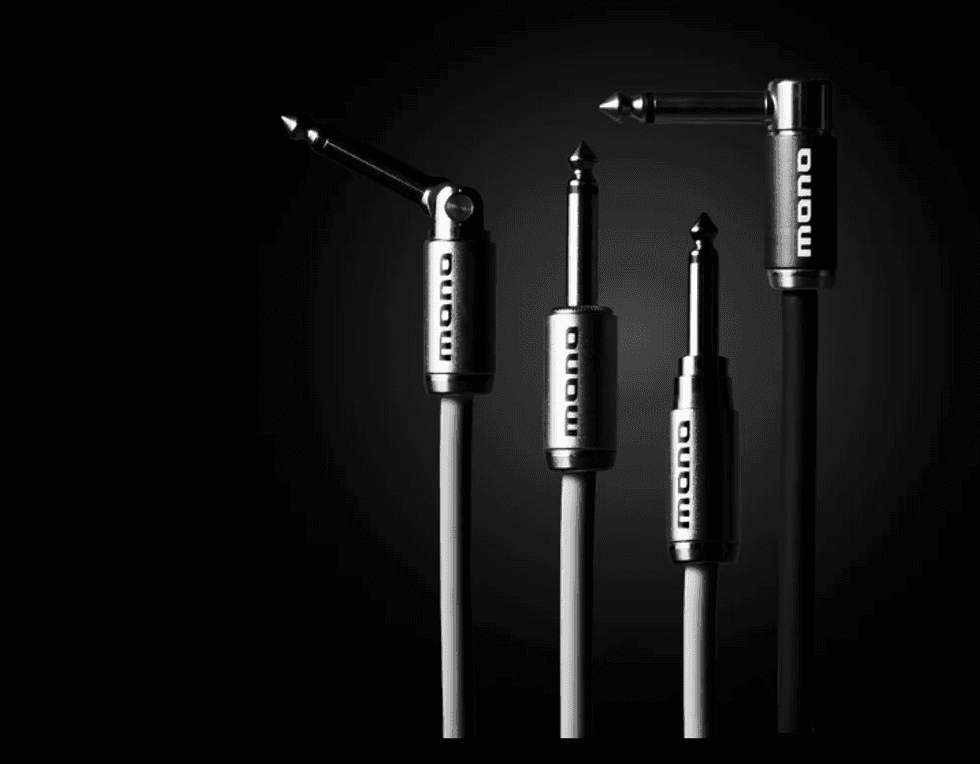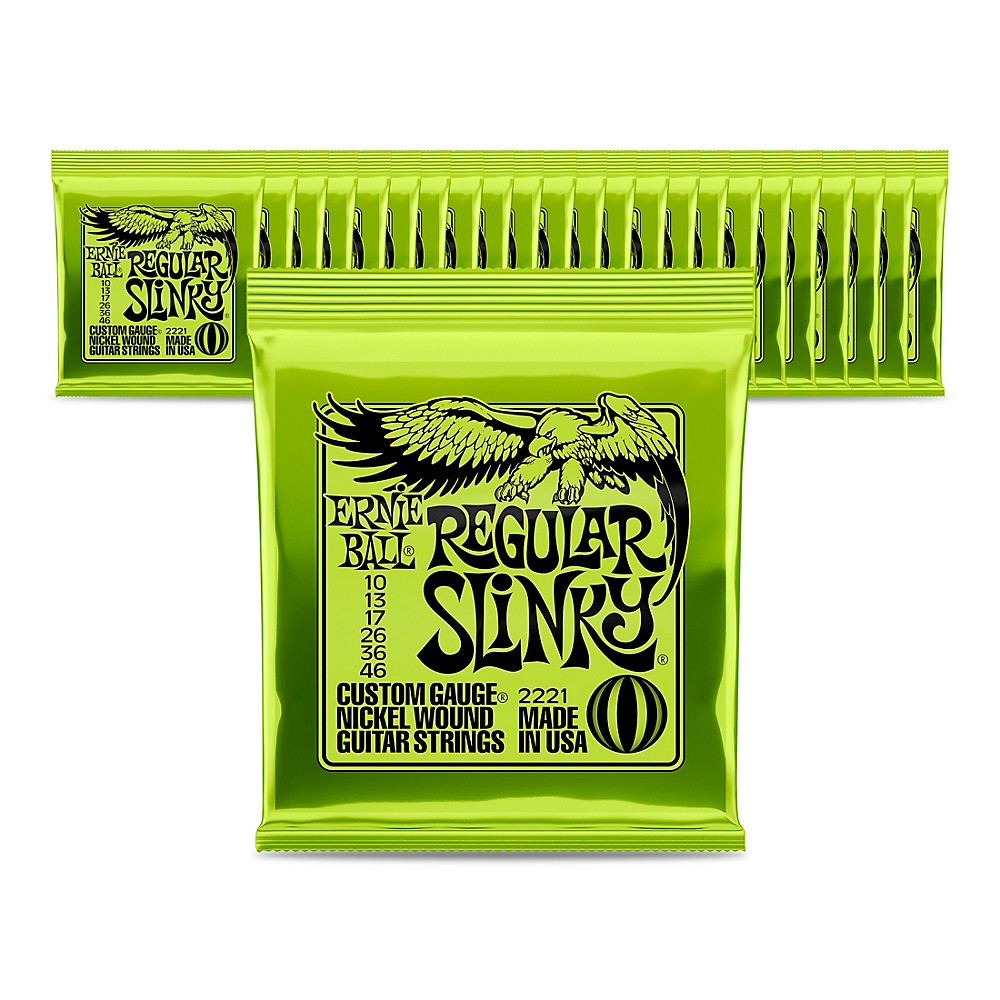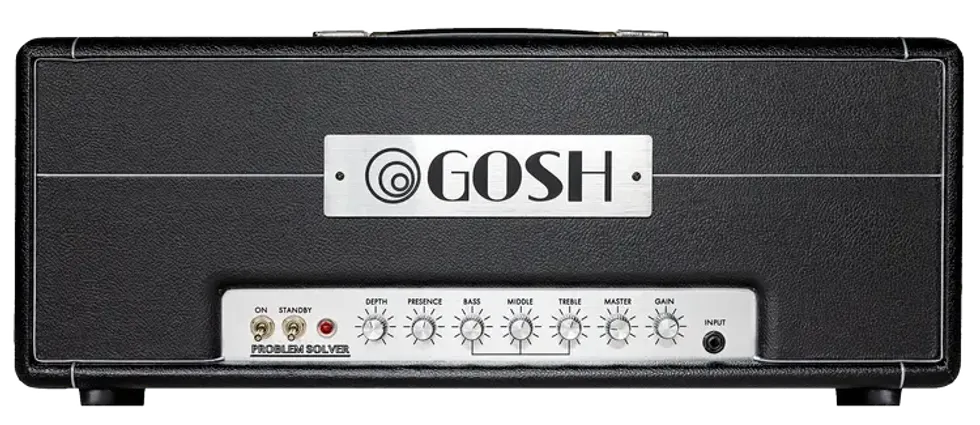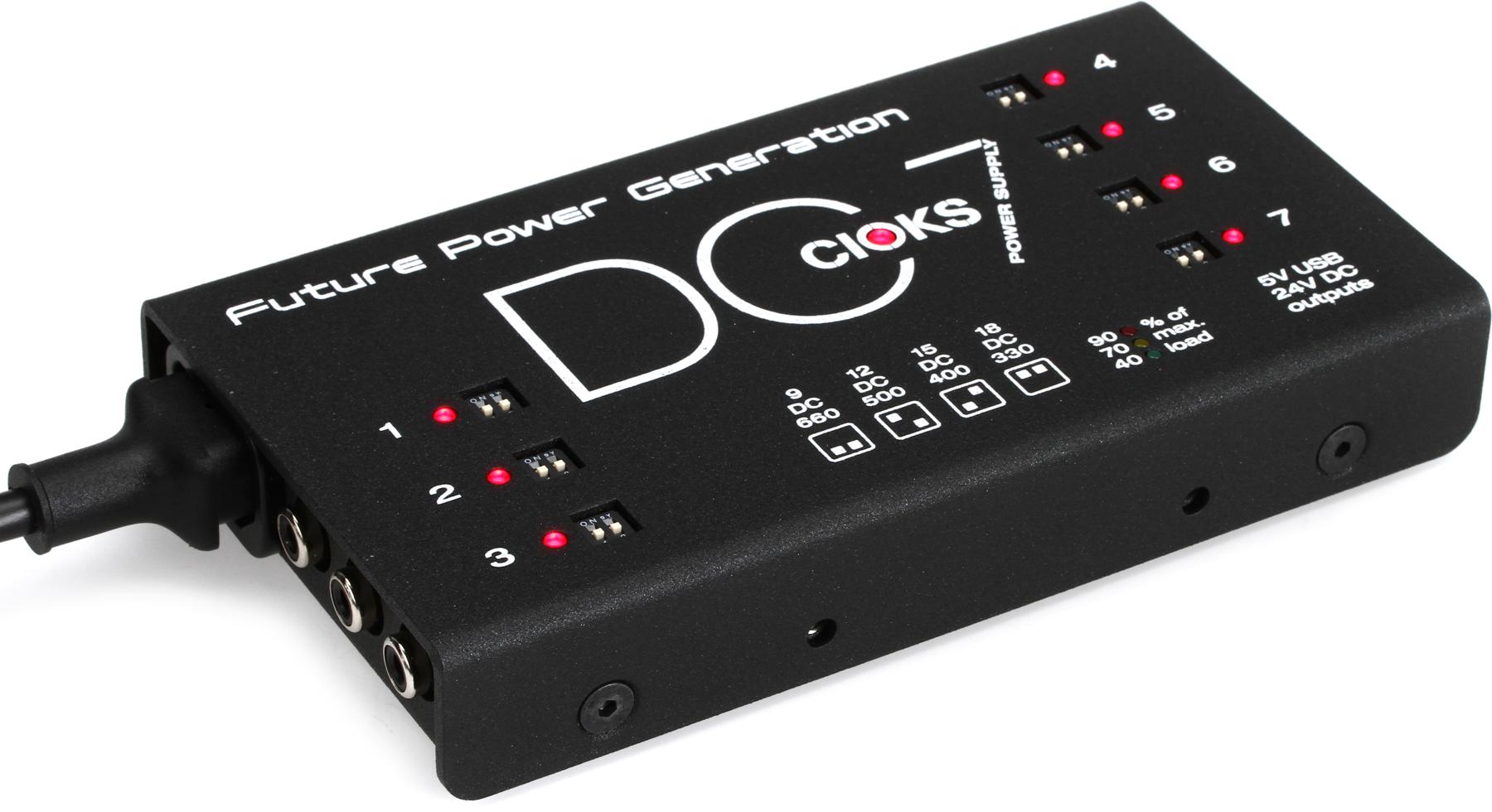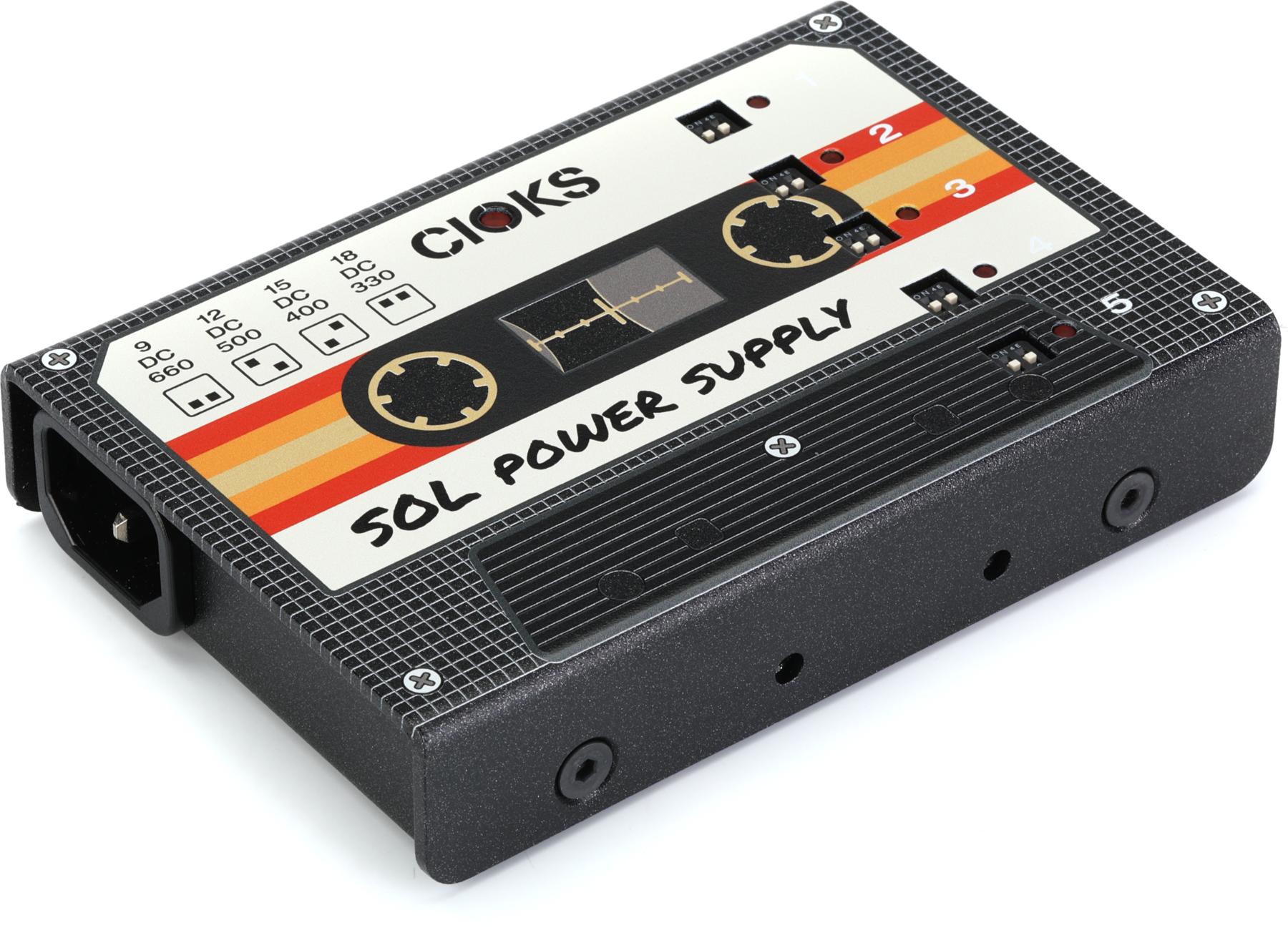Shure-Fire Miking
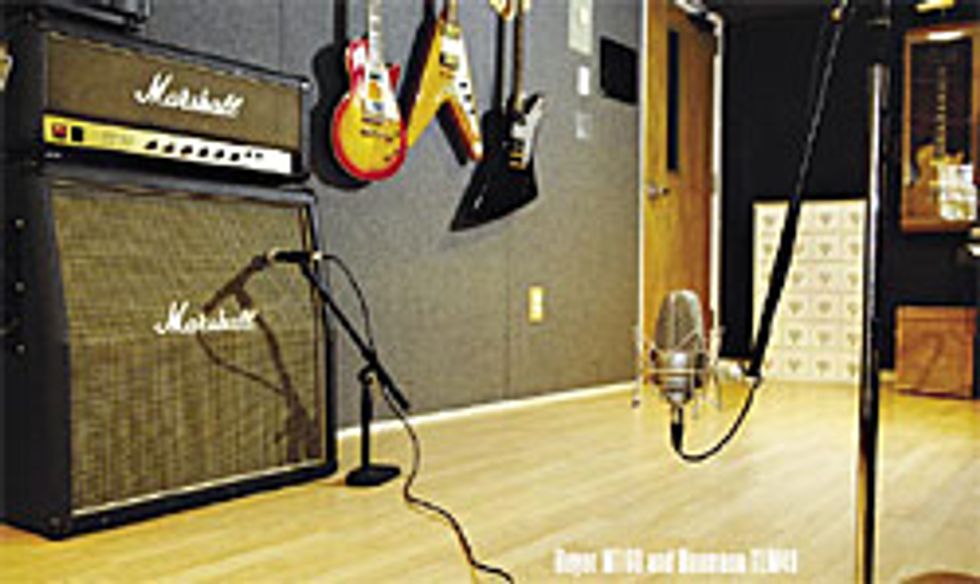 IWhen I was a kid growing up in New
York, I remember that my dad had an old
1/4” four-track Grundig reel to reel tape
recorder that was great for recording
multiple guitar parts. I always thought it
was so cool to sit in that sunroom and be
able to hear the tracks played back and
physically cut and edit the parts with a
razor blade and edit block. Today we have
it so much easier. Whether you use a PC
or Mac or any of the many programs out
there such as Cakewalk, Logic, Performer
or ProTools, editing has become a breeze.
But the one true thing that has stayed
constant throughout the years, is recording
great guitar tone.
IWhen I was a kid growing up in New
York, I remember that my dad had an old
1/4” four-track Grundig reel to reel tape
recorder that was great for recording
multiple guitar parts. I always thought it
was so cool to sit in that sunroom and be
able to hear the tracks played back and
physically cut and edit the parts with a
razor blade and edit block. Today we have
it so much easier. Whether you use a PC
or Mac or any of the many programs out
there such as Cakewalk, Logic, Performer
or ProTools, editing has become a breeze.
But the one true thing that has stayed
constant throughout the years, is recording
great guitar tone.
Van Halen’s first engineer, Donn Landee, used to get approached by fans asking him how he recorded Eddie’s trademark guitar tone. He had to admit that he used a cheap SM57 mic on a Marshall cabinet. As some of you readers may know, the Shure 57 is a basic $89 mic that you can purchase at any local music store. This proves that you can great tone, without breaking the bank.
What you need to understand are the various dynamics that come from both the guitar and the amp. For instance, when playing a Les Paul through a Marshall JCM800, you get a very compressed, overdriven rock tone as opposed to playing a Strat through a Fender Super Reverb, which produces a more dynamic blues tone. Both can be recorded successfully with a SM57, but if you want to spend a little bit more cash you can buy, what I refer to as a “57 on steroids,” the Sennheiser 421 mic.
If you have more of a budget and you want to capture the sound of your amp in the room, you may want to try the Neumann TLM103 or the more expensive TLM49, which are both large diaphragm cardioid microphones. The large diaphragm of the mic will capture the ambience of the room. In particular, the TLM49 has a wonderful airiness to its recordings. By comparison, the 57 has a very small mic diaphragm, which is more beneficial for unidirectional close miking.
I’m sure some of you have heard the buzz about ribbon microphones – and yes, it is true in some recording applications of guitars the ribbon mic is perfect for acoustic instrument replication. The Rolls Royce of ribbon mics is the Royer 121 or the famous Beatles, BBC 4038. However, you can always go with the less expensive Beyerdynamic M160 mic and still get a great sounding acoustic tone. With any microphone you decide to go with, you’ll have to experiment with placement techniques. Personally, I’ve had very good results recording acoustic guitars using the AKG C1000S, which I like to angle downwards towards the fretboard side of the hole. Keep in mind, you may have to make some minor adjustments, depending on the size of the guitar body and your finger style.
I’ve been recording professionally for 17 years and I am always trying to find new ways of achieving a great sounding guitar tone. Just recently, I discovered a cool way to achieve stereo imaging by miking a single cabinet with two mics. First, close mic one speaker between the cone and the edge with a Beyer M160 and far mic the amp using a Neumann TLM49 about five feet back, pointing the 49 directly at the Marshall insignia on the cabinet. My baby is a Trident 32-channel mixing console, in which I use one of the micpres for the Neumann and use the Universal Audio 610 for the M160. I buss them both to tape or ProTools and hard pan one left and one right. I’ve always found that experimenting with different mics and amps in combination with your guitar style can really produce that hot butta tone! Until next time.
Brian Tarquin
Emmy Award Winning Guitarist Brian Tarquin scored a Top 20 hit in the 90’s with “The Best of Acid Jazz, vol. 2” on Instinct Records and enjoyed several top 10 hits on the R&R charts. Founder of the rock/electronica band, Asphalt Jungle and has scored TV music for such shows as, CSI, Smallville, MTV, Alias, 24, All My Children and many others.
bohemianproductions.net
jungleroom@optonline.net
myspace.com/bohemianproductionsmusic


